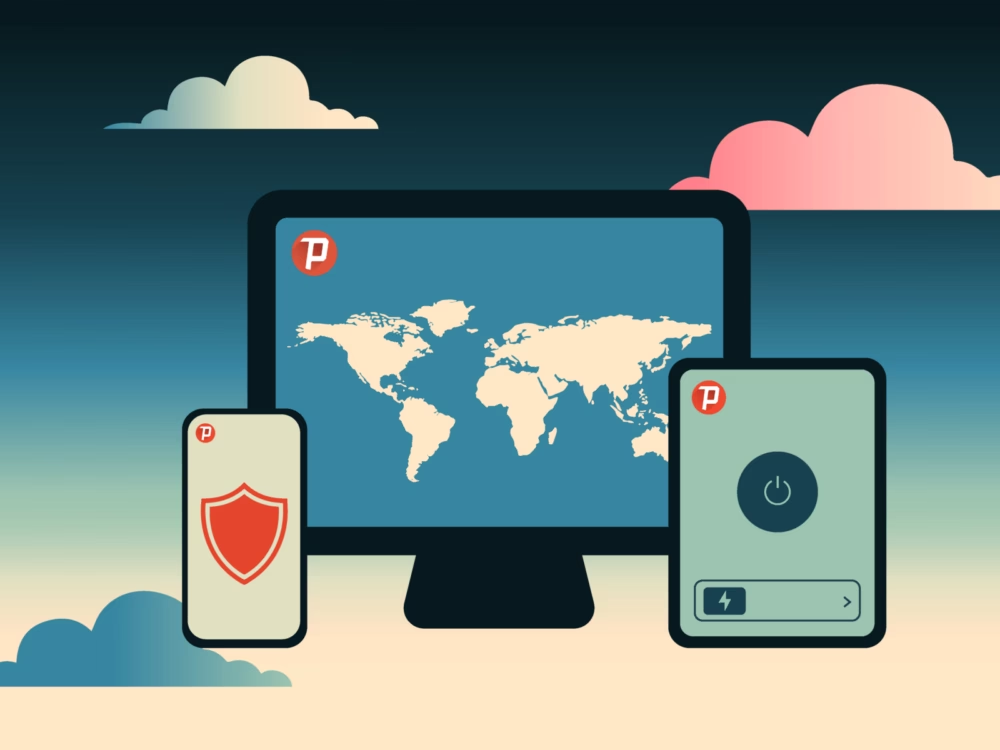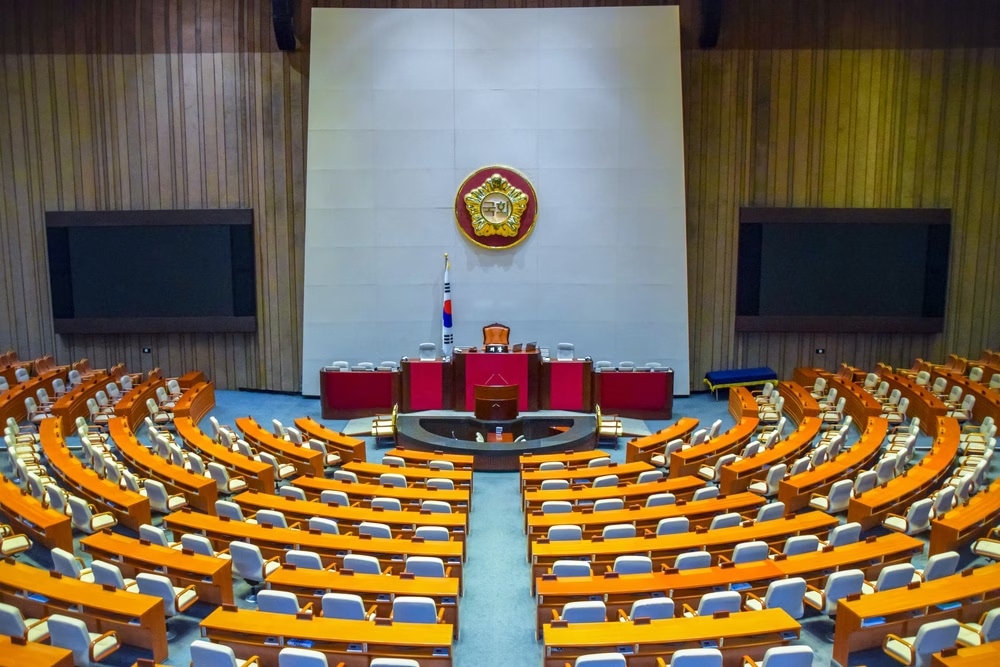Last Sunday, a consortium of 17 media companies published a series of explosive reports outlining months of research on how governments are using a little-known software to spy on journalists, dissidents, and political rivals. The spyware, known as Pegasus, was developed by the Israeli-based NSO Group and sold exclusively to national governments, ostensibly for monitoring and tracking terrorists and criminals. According to reports from the Washington Post, however, Pegasus was likely used to covertly access more than 50,000 phones, including those of 14 heads of state and hundreds of public officials.
Pegasus is but the latest example of the increasingly complicated relationship between the tech industry and democracy. On the one hand, social media platforms aided the Arab Spring and Hong Kong’s democracy protests; on the other, Twitter hosted Russian troll farms, Facebook sold private data to influence an election, and the YouTube algorithm lulled Americans into extremism.
Given all that’s happened, we wouldn’t blame you for thinking that tech is working solidly in favor of autocrats. But buried beneath the headlines of the Pegasus breaches lies a much more promising story: 1.4 million Cubans gained uncensored access to the internet in defiance of the communist regime thanks to a tool called Psiphon, partially funded by the U.S. government.
What is Psiphon?
Psiphon is a digital tool designed to allow people to connect to the internet, circumventing government censorship which makes it difficult or impossible to do so. It’s often referred to as a virtual private network (VPN), which is a similar tool but not quite the same. VPNs encrypt your connection to the internet and make government monitoring difficult. In countries with serious internet restrictions, VPNs allow citizens to freely access the internet. The problem is that they’re not very difficult for a motivated regulator to shut down. Psiphon sacrifices some of the anonymity a VPN provides, instead prioritizing access. By employing a combination of tactics, the tool can confuse and bypass censors’ efforts to block its signal. If censors identify and block one connection, Psiphon will then establish another. For people living under authoritarian regimes, Psiphon can mean the difference between free expression and constant surveillance.
Though Psiphon is drawing attention this week, its first success wasn’t in Cuba. During the 2018 Iranian protests, up to 10.5 million Iranians circumvented internet restrictions with the help of Psiphon. In Belarus last year, as dictator Alexander Lukashenko brutally suppressed protests, the use of Psiphon exploded almost overnight. Before the August 9th presidential “election,” about 10,000 Belarusians were using Psiphon. By August 11th, Psiphon reported over 1.7 million Belarusian users, about 18% of the country. And in Myanmar, Psiphon reported about 5,000 daily users prior to the February 1st coup that restored the military junta. Since then, Psiphon has grown to 1.6 million daily Burmese users. Across the world, freedom-loving people turn to Psiphon to resist the control of oppressive governments.
How can democracies harness technology against authoritarians?
Psiphon is a powerful tool, but it’s particularly encouraging that the project is backed by a coalition of democratic governments including E.U. countries, the U.K. and the U.S. Internet freedom initiatives in the U.S. date back to George W. Bush’s presidency, and have expanded since. Between 2008 and 2012, the U.S. allocated $100 million to develop “1) anti-censorship technology, 2) secure communications technology, and 3) digital safety training.” Since 2012, the Open Technology Fund, funded by the federal government, has supported more than 100internet freedom projects, including Psiphon. These initiatives seek to tap into private sector ingenuity to fund innovative projects that aren’t directly operated by the American government.
As a result, these initiatives are a far cry from the heavy-handed foreign intervention which has damaged America’s reputation in the past. This isn’t the CIA trying to slip Castro an exploding cigar or smuggling arms to bands of anti-communist rebels accused of war crimes. With tools like Psiphon, democracies are merely aiding companies that extend the fundamental right of free expression to individuals who have been unjustly stripped of it. Despite authoritarians’ best efforts to dismiss unrest as American meddling, services like Psiphon enable democracy movements to help themselves.
What could the future bring?
Autocracies are on the offensive, and they’ve made it clear that the internet is a battlefield for political ideology. As the West struggles to contain the influence of Russian and Chinese trolls and propagandists, it’s time for the free world to launch a counter-offensive of its own. While Psiphon is a fantastic tool, there’s still more work to do to ensure that the oppressed have every opportunity to resist censorship. As the Wall Street Journal pointed out in a recent editorial, we have other technology besides Psiphon to enable internet access. We can’t run disinformation campaigns to affect sham elections, but providing everyone with unrestricted internet access is a powerful tactic. There’s no greater threat to an authoritarian regime than free thought, and it’s our job to encourage it as best we can.






